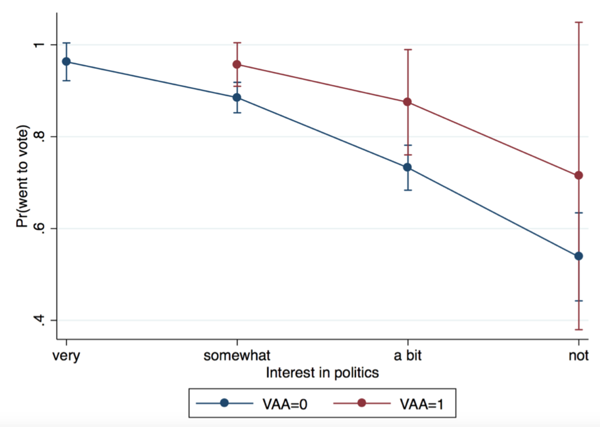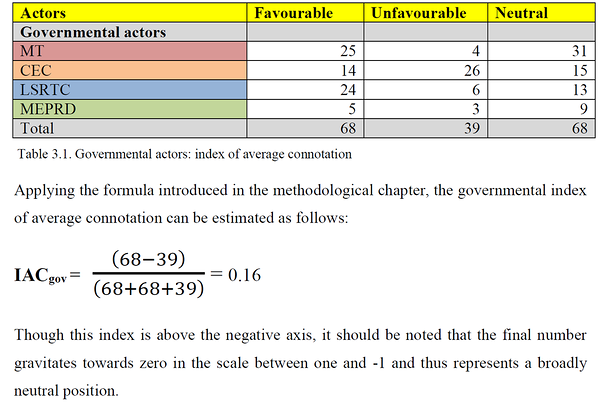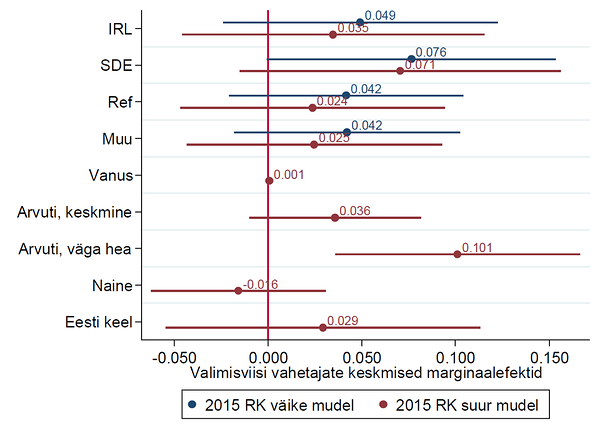The Effect Of Voting Advice Applications On Estonian Voters’ Voting Behaviour
The aim of Pille Ivask's master thesis is to contribute to the investigation of VAAs and have a look at their impact on Estonian voters’ voting behaviour. The author proposes three questions in the thesis: how do VAAs influence voting turnout, how do they change voter’s choice set, and finally, if VAAs have any effect on final vote choice.
Casting Votes Digitally: Examining the Latvian National Position on Internet Voting
In this MA thesis Anna Beitane examines the Latvian stance on introducing remote internet voting.E-valimiste poliitiline kallutatus. Riigkogu valimised 2007, 2011 ja 2015
In this MA thesis (in Estonian with English abstract) Kerli Zirk examines if Estonian electronic voting is politically neutral.



